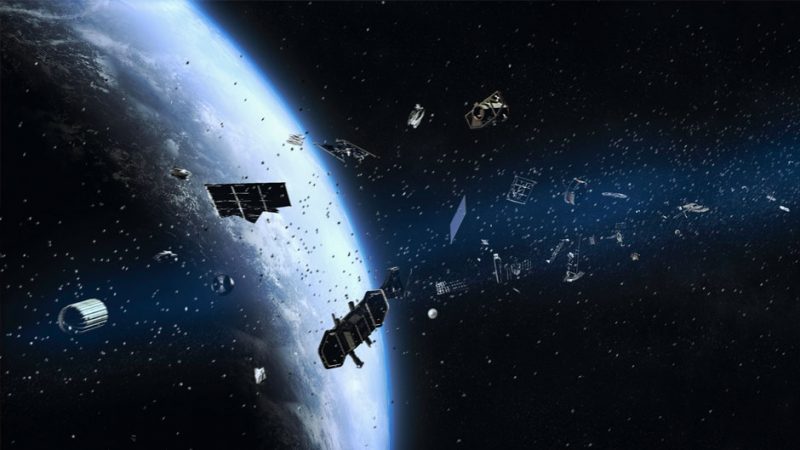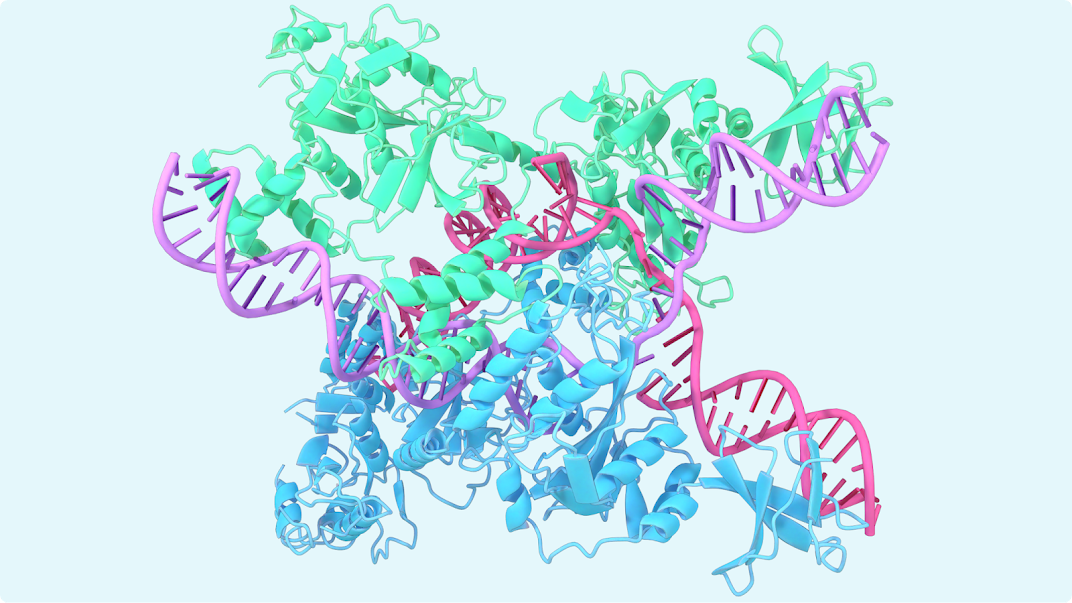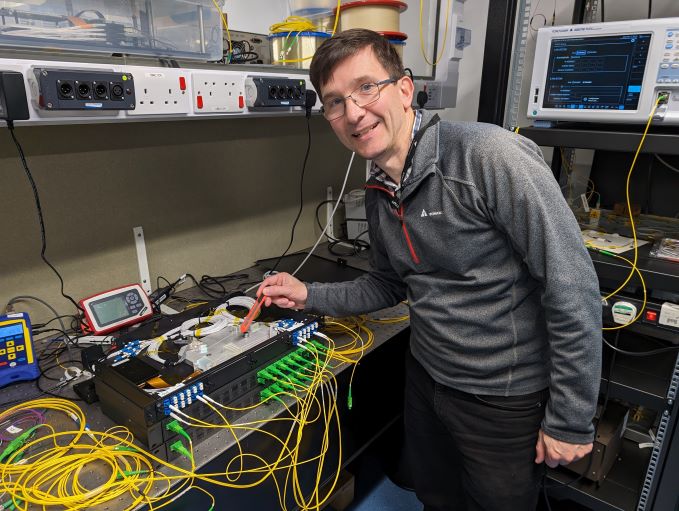Space junk reentry poses a significant risk to human safety, as uncontrolled reentries can result in debris falling to Earth's surface. The growing number of space launches worldwide has led to an increase in the number of uncontrolled reentries, with rocket bodies reentering the atmosphere almost weekly. These events can lead to the generation of more space debris, which can further increase the risk of collisions and uncontrolled reentries.
A recent study from the University of British Columbia found that the Southern Hemisphere bears a disproportionately high level of risk from uncontrolled reentries. The study estimates that there is a 1-in-10 chance that someone around the world will be harmed by reentering rocket bodies over the next decade. This risk is not evenly distributed, as some areas are more affected than others. For example, the study found that equatorial and non-space-faring nations share a disproportionately high threat from space debris, as opposed to the countries that launch them.

The Kessler Syndrome is a theoretical scenario describing a cascading increase in orbital debris that could severely hamper humanity's future space activities and ambitions. It was named after former NASA scientist Donald Kessler, who laid out the basic idea in a seminal 1978 paper. The Kessler Syndrome warns of a situation where random collisions between objects in Earth orbit could generate more debris, leading to a growing belt of debris around the Earth.
To mitigate these risks, international efforts are needed. ESA's guidelines for sustainable space include ensuring successful disposal of space objects, improving orbital clearance, avoiding in-orbit collisions, and avoiding internal break-ups. Additionally, ESA is developing technologies for active debris removal and improving our capacity to track and monitor space debris.
In conclusion, space junk reentry poses a significant risk to human safety, and the growing number of space launches has led to an increase in the number of uncontrolled reentries. To mitigate these risks, international cooperation and the development of new technologies are essential.











